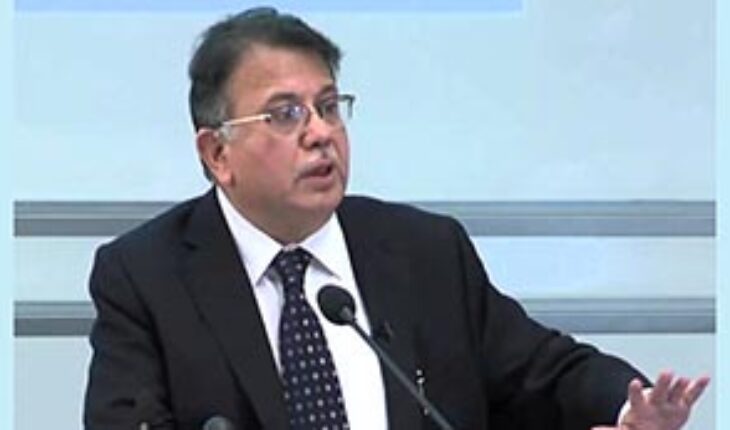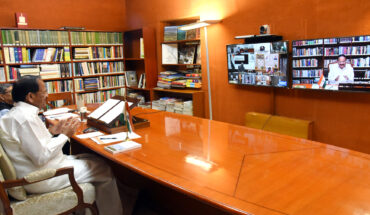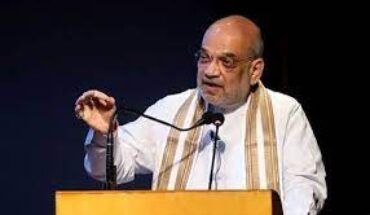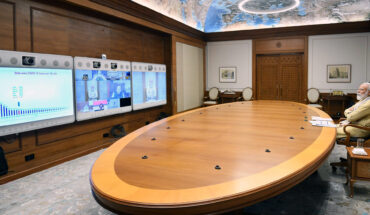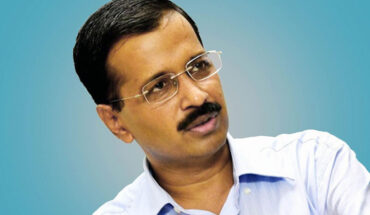New Delhi: Former Law Commission Chairman Justice A P Shah has said there are different parameters to deal with the accused from a majority community and those from minority communities in cases like Malegaon blasts.
Referring to the alleged differential treatment given to Malegaon blast accused and the exonerees, the former Delhi High Court Chief Justice also said the testimonies in that case indicate that the probe agencies, being prejudiced, made manipulated and fabricated evidences to make unnecessary arrest because the accused belong to a minority community.
Justice Shah’s remarks came during the release of a report on ‘Acquitted Innocents’, a framework for Compensation and Rehabilitation for victims of wrongful prosecution/ conviction, on behalf of the 1st People’s Tribunal organised by Innocence Network, a private organisation that works for the rights of the wrongfully prosecuted or convicted. “After the Malegaon blast, the members of Muslim communities were shown as SIMI activists and key suspects. Testimonies indicate that the investigating agencies, being prejudiced, made manipulated and fabricated evidences to make unnecessary arrest only because accused belong to a minority community. “NIA filed a second chargesheet against another set of accused who belong to a majority community. The public prosecutor in that case, a competent law officer of Maharashtra, was asked to go soft on the accused and she resigned. The entire trial was collapsing,” Shah said. He said “there are different parameters to deal with accused from a majority community and from minority communities”. Justice Shah also mentioned the case of a TADA convict Md Nisaruddin, who spent 23 years in jail but was released by the Supreme Court this year, observing that the document on the basis of which Nisar was convicted should not have been admitted as evidence. He said the issue of forced confessions extracted under duress, delay in granting bail, wrongful detention, malicious prosecution, and presenting fabricated evidence has become endemic to terror prosecution. The report, while recognising the need for the State to provide compensation to the victims for their wrongful conviction, identified different stakeholders involved in the entire process of arrest and acquittal. It also suggested a rights based approach to be adopted by the state to grant compensation to the victims for the wrongful actions of the state. The report also calls for holding responsible, the police officials involved in such cases and to make them criminally liable. Justice Shah, who headed the jury which included filmmaker Saeed Akhtar Mirza, G S Bajpai (NLU Delhi Registrar), journalist Neena Vyas, Delhi School academic Nandini Sundar, TISS Deputy Director Abdul Shaban, journalist Vinod Sharma and Advocate Monica Sakrani also put forward certain guidelines for the media. The media must refrain from pronouncing the accused as guilty till a formal pronouncement is made by the court. Further, the media must publish an apology, if it had written defamatory material against the acquitted innocent at the time of his arrest, the report said. It also suggests legislative reforms, institutional and social reforms and points out the failure of human rights bodies to acknowledge the issue and intervene in such cases of wrongful arrests and prosecution. — PTI


